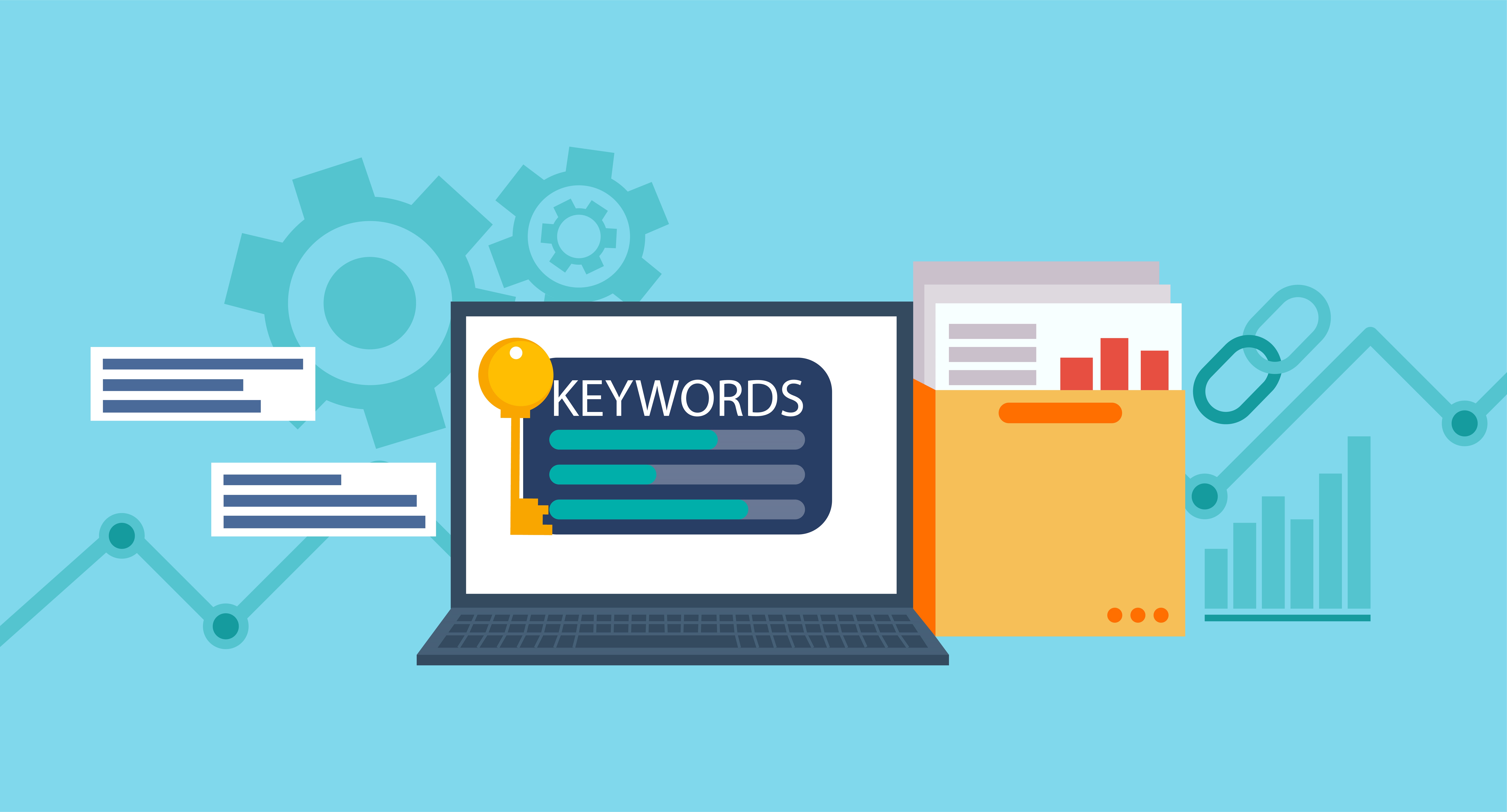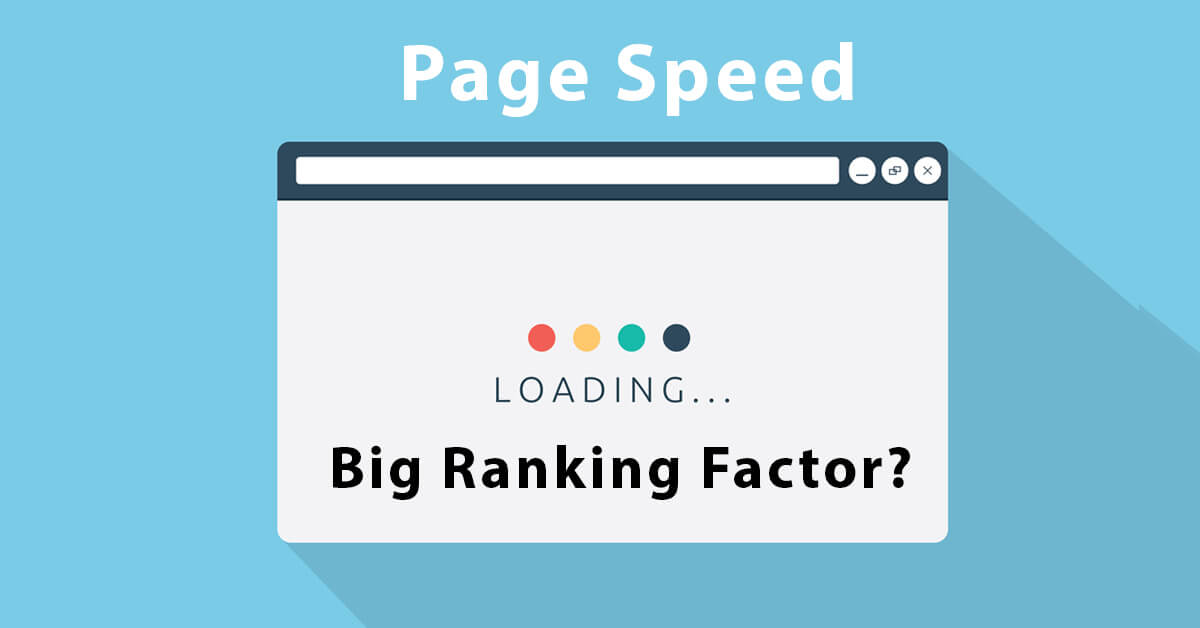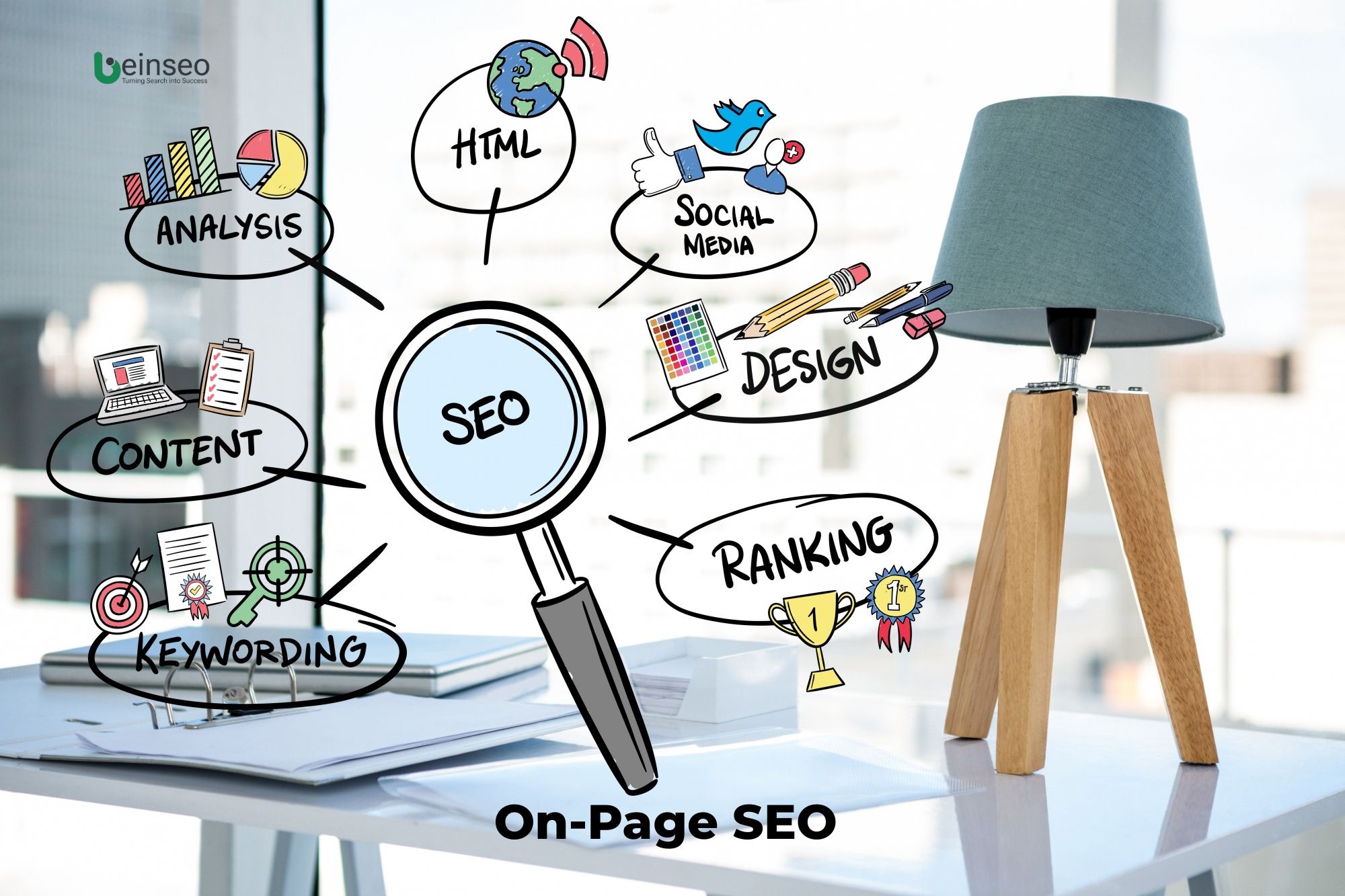#1 SEO Company Dubai
#1 SEO Company Dubai
Sun-Thu: 10 AM to 7 PM - Sat-Fri: Closed

Are you eager to attract more organic search traffic and enhance your website's search rankings? In the real world of SEO, it's vital to continuously experiment and refine your strategies for long-term achievement in the search engine results pages (SERPs). In this blog post, we explore advanced on-page SEO techniques that will help you achieve your goals!
On-page SEO refers to the optimization approaches used to increase a website's visibility and performance on search engine result pages (SERPs). It primarily focuses on optimizing elements within a webpage itself, such as content, ensuring a positive user experience, HTML source code, and website structure. By implementing on-page SEO techniques, website owners can enhance their chances of attracting organic traffic and improving their search engine rankings.
On-page SEO plays a crucial role in communicating your website's purpose and value to both Google and your audience. It aids in optimizing your site for search engine bots and human visitors alike, ensuring a better user experience. On-Page SEO is important for several reasons:
1. Better Ranking: By optimizing your website's on-page elements, you increase its visibility and chances of ranking higher on search engine result pages.
2. User Experience: An effectively optimized website enhances user experience, resulting in improved engagement, reduced bounce rates, and increased conversion rates. This leads to a more positive interaction between visitors and your site, ultimately benefiting your business.
3. Relevance: On-page optimization ensures search engines understand the relevancy of your webpage, improving the chances of it being displayed to users searching for relevant topics.
4. Organic Traffic: Achieving higher search engine rankings generates more organic traffic, reducing reliance on paid advertising and enhancing the website's overall visibility. This increased visibility might result in more exposure and possibilities for your company to reach a larger audience.
On-page optimization involves several key steps to improve the visibility and relevance of your website's pages. Here are some essential techniques:
To properly optimize your web pages, you must first identify appropriate keywords that connect with your target audience. You can gain useful knowledge of what keywords and phrases users are using to search for information related to your website by using a trusted keyword research tool.

This will allow you to generate content that's related to their intent for searching and increase the visibility of your web page in results shown by search engines.
Page Title Tags & Meta Descriptions:
When it comes to optimizing your webpage for search engines, crafting compelling and descriptive page titles is key. Your page title should accurately represent the content on your webpage while incorporating relevant keywords to enhance search engine visibility.
By creating unique and SEO-friendly page titles, you increase the chances of creating organic traffic and improving your website's rankings. Remember to keep your page titles concise, engaging, and relevant to the content on the page to provide a positive user experience and maximize your SEO efforts.

Meta descriptions are an important part of your content, which provides a summary of the content of your webpage. Write engaging and informative meta descriptions that encourage users to click through to your website.
High-quality media is an essential component of your on-page SEO strategy. In 2023, high-quality photos, graphics, and other future-oriented content will be the on-page SEO keys to your success.
For your images, use meaningful file names and alt tags. This assists search engines in understanding the image's information and increases availability for visually impaired people.
The building blocks of your webpage's source code are known as HTML elements.
To access the source code of any webpage in your browser, click on View > Developer > View Source in the top menu.
Header Tags:
Utilize header tags (H1, H2, H3, etc.) to structure your content. Incorporate relevant keywords in your headers to assist search engines in understanding the hierarchy and importance of different sections of your webpage.
<title> Advanced On-Page SEO Techniques for 2023 </title>
Titles serve as a means to communicate the content of web pages to both visitors and search engines. They provide valuable insights into what visitors can expect to discover on the respective pages while also guiding search engines in understanding the nature and significance of the content.
<h2> What is On-Page SEO </h2>
These tags help in structuring your content for readers and assist search engines in identifying the most significant and relevant sections based on search intent.
By utilizing these tags, you can effectively organize your content, making it easier for readers to navigate and understand while also enabling search engines to prioritize the most relevant information. This ensures a seamless user experience and improves the visibility of your content in search engine results.
Internal linking is the technique of linking to other pages on your own website in SEO.
It involves creating hyperlinks from one page to another within the same domain. The purpose of internal linking is to establish a connection between different pages on your website, improve navigation, and distribute authority and relevance.
A perfect example of internal linking in a blog article would be:
(See how the words "BeinSeo Services" are linked to other pages in this sentence.That's an example.)"
In this example, the phrase "BeinSeo Services" is hyperlinked to another relevant page on the same website that provides a comprehensive guide on the topic. By including this internal link, readers who are interested in diving deeper into content marketing can easily access additional valuable information.
Conducting regular on-page SEO audits is essential to identify areas for improvement. Here's a checklist of important factors to consider:
1. URL Structure: Ensure your URLs are clear and concise and include relevant keywords.

For example, the above URL indicates a web page on the "beinseo.com" domain, specifically a blog post about advanced on-page SEO techniques for the year 2023.
2. Content Quality: Provide valuable, well-written content that meets the needs of your target audience.
3. Internal Linking: Link Improve user navigation and search engine crawling by linking relevant pages on your website.
4. Mobile Optimization: Create a responsive design that allows for easy viewing and usability across different devices.
5. Page Load Speed: Optimize your website for fast loading times to enhance user experience and search engine rankings.

6. Schema Markup: Use structured data markup to deliver additional information about your webpage to search engines.
Managing on-page SEO for multiple web pages can be a difficult task, but with the right approach, it can be streamlined efficiently:

Content Management System (CMS): Utilize a CMS that allows for easy management and optimization of on-page elements across multiple web pages.
Templates: Create standardized templates that include optimized elements such as title tags, meta descriptions, and headers, making it easier to implement on-page SEO consistently.
SEO Plugins: Take advantage of SEO plugins or tools that can automate certain aspects of on-page optimization, such as XML sitemaps, canonical tags, and structured data markup.
Regular Audits: Conduct regular on-page SEO audits to identify issues and areas that require improvement.
On-page SEO will continue to be important in enhancing website exposure and attracting organic visitors in 2023. As search engine algorithms become more sophisticated, focusing on user intent and providing valuable and relevant content will be paramount.
Additionally, with the rise of voice search and mobile usage, optimizing for these platforms will offer sufficient opportunities. Website owners can increase their chances of success in the digital realm by staying on top of the latest trends and implementing cutting-edge on-page SEO methods.
© copyright 2025 All rights reserved. BeinSEO